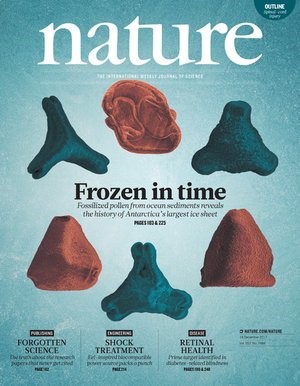
Proteotoxic stress
The precise balance of protein folding, surveillance, and degradation — known as proteostasis — is essential for cellular health and its failure contributes to diseases such as cancer, neurodegeneration, and aging. We design and apply advanced methods study how cells respond to protein misfolding and aggregation in real time, revealing the spatial and temporal dynamics of stress sensing, signalling, and resolution.
At the heart of our research is microthermal methodology, an innovative tool that uses plasmonic nanoparticles and laser scanning microscopy to induce localized, dose-defined protein damage in living cells. This breakthrough method enables us to study proteostasis and stress responses at unprecedented spatial and temporal resolution.
With strong collaborations in nanotechnology, stress biology, and translational medicine, we aim to bridge fundamental discoveries with biomedical relevance.
- Molecular mechanisms of proteotoxic stress sensing and signalling
- Subcellular dynamics of chaperone and ubiquitin-proteasome system
- Spatiotemporal regulation of the heat shock proteins and response
- p97 (VCP) segregase
- Crosstalk between protein aggregation and genome integrity
- Discovery of novel targets and strategies for proteostasis-based cancer therapies
- Development of localized protein damage using plasmonic nanomaterials and laser microscopy (NADIP platform)
- Spatiotemporal dynamics of molecular chaperones (e.g., HSP70, HSP90)
- Role of the ubiquitin-proteasome system and p97 segregase in aggregate clearance
- Crosstalk between protein aggregation and DNA replication/repair
- Subcellular regulation of the heat shock response (HSF1)


